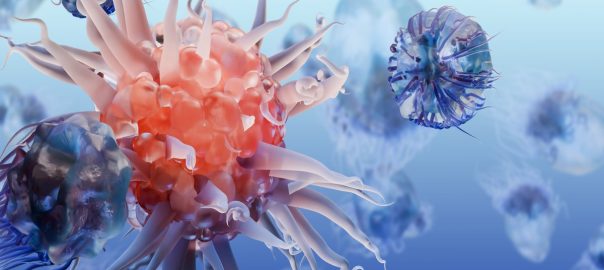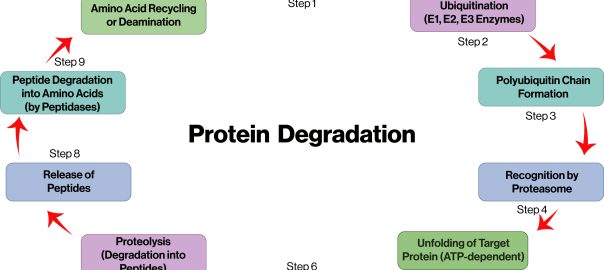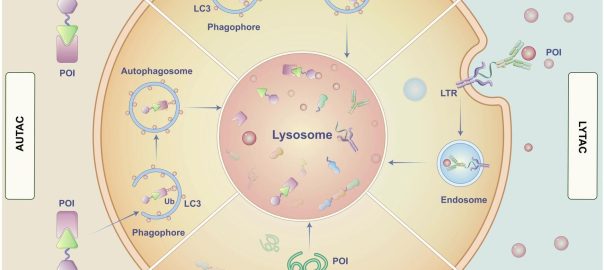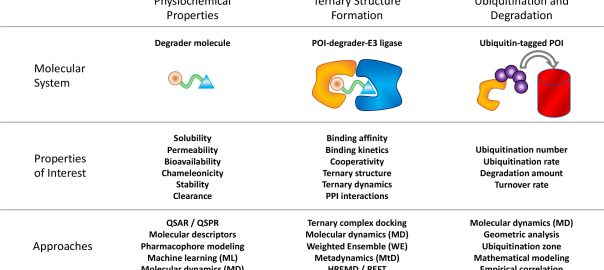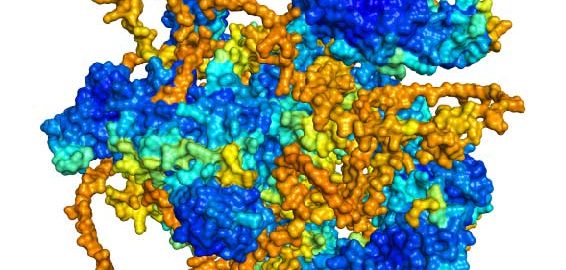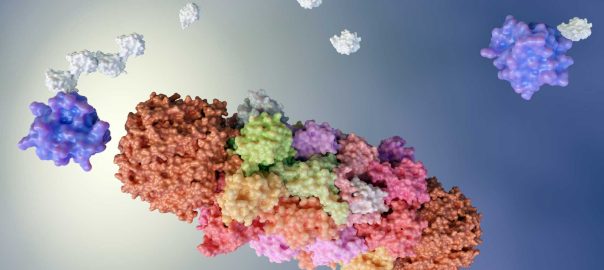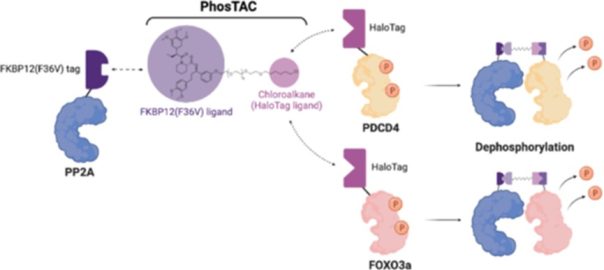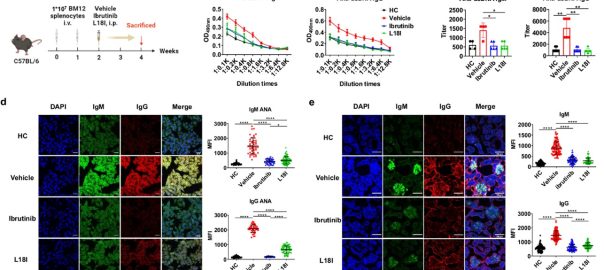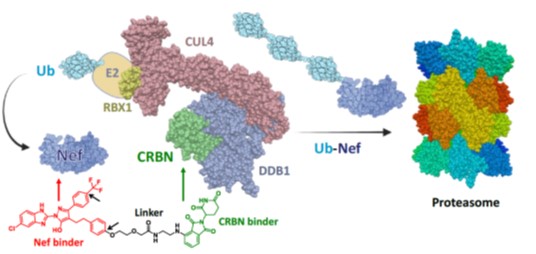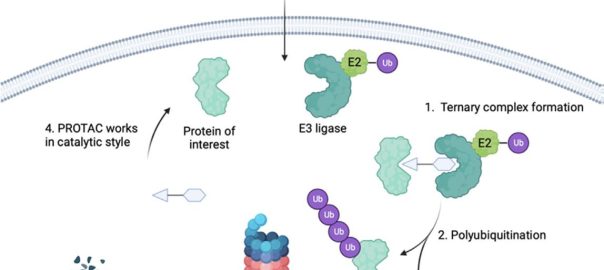Traditional chemotherapy has been a vital tool in cancer treatment for decades, targeting rapidly dividing cancer cells. However, its lack of specificity leads to significant side effects, and drug resistance remains aRead More…
The Unsung Hero of Protein-Degrading Therapies: How Linker Design is Changing the Game
When we think about next-gen therapies that eliminate disease-causing proteins, most attention goes to the “targeting” components—the parts that bind to harmful proteins or cellular cleanup crews. But there’s a quiet powerhouseRead More…
Breaking New Ground in Protein-Targeted Therapies: What’s Next for Drug Development?
Drug discovery is experiencing an unobtrusive revolution. Researchers have advanced past just blocking dangerous proteins and now pursue methods to actively break them down which could enable treatments for previously untreatable diseases. The foundationRead More…
Isolation and Evaluation of Protein Degrader Technology in the Clinical Practice of Modern Medicine: Embracing the Benefits of Protein D egrader Technology in Medicine Today
Introduction Targeted Protein Degradation (TPD) has become a revolutionary way to work for the treatment of many diseases, yet they have been very successful in the treatment of diseases that have beenRead More…
Latest Advances and Four Key Innovations in Targeted Protein Degradation
In the relentless pursuit of modern medicine, Targeted Protein Degradation (TPD) has emerged as a revolutionary therapeutic strategy, offering new hope for the treatment of numerous diseases. Traditional small-molecule inhibitors mainly actRead More…
Innovative Approaches to Targeted Protein Degradation for Drug Development
Introduction Proteolysis-targeting chimeras are a new class of small molecules that provide alternative ways to discover drugs by leading target proteins to be selectively destroyed. In contrast to conventional inhibitors that only suppressRead More…
Harnessing PhosTACs for Targeted Protein Dephosphorylation: A New Frontier in Therapeutics
Chen, Po-Han, et al. “Modulation of phosphoprotein activity by phosphorylation targeting chimeras (PhosTACs).” ACS chemical biology 16.12 (2021): 2808-2815. In the rapidly evolving field of drug development, targeting protein post-translational modifications (PTMs) has emergedRead More…
Protein-degraders: The New Go-to For Tackling Autoimmune Issues
Protein targeted degradation chimera is an emerging protein degradation strategy that has been booming in recent years. It was first proposed by Craig Crews et al. in 2001. Its basic principle isRead More…
Can Protein Degrader Therapy Be a Hope for AIDS Patients?
Nef is an accessory protein encoded by HIV-1, HIV-2, and other primate lentiviruses and is closely related to viral replication, persistent infection, and the development of AIDS. Nef interacts with a varietyRead More…
Exploring the Impact of E3 Ligase Choice on Protein Degrader Effectiveness
The field of drug discovery is witnessing a revolutionary shift with the advent of Proteolysis Targeting Chimeras (Protein Degraders). This innovative therapeutic strategy is redefining how we approach the degradation of proteins,Read More…

